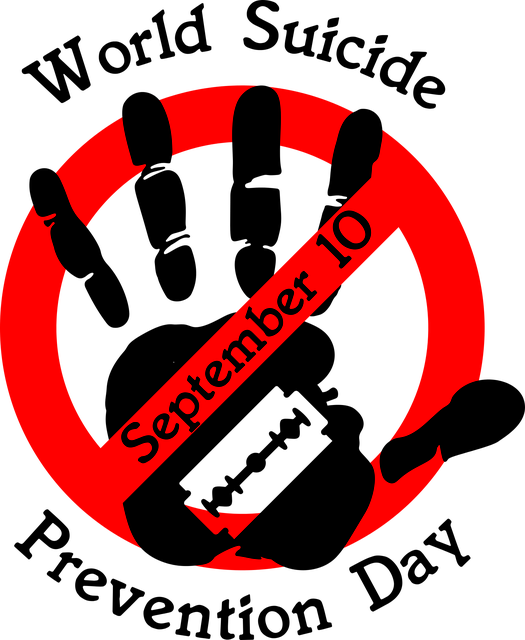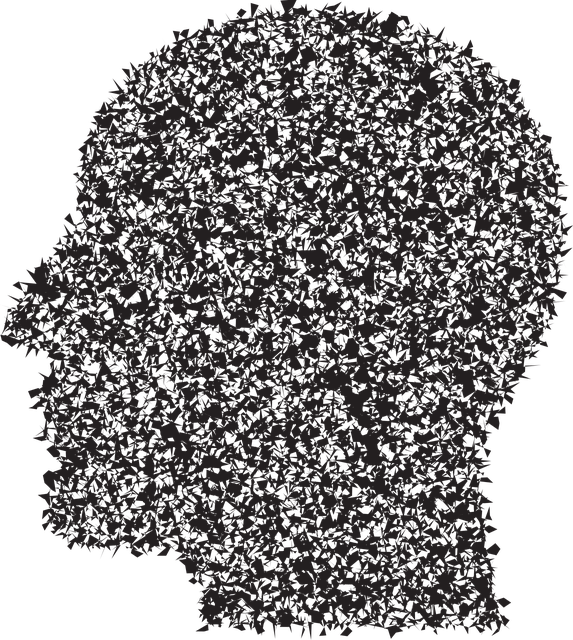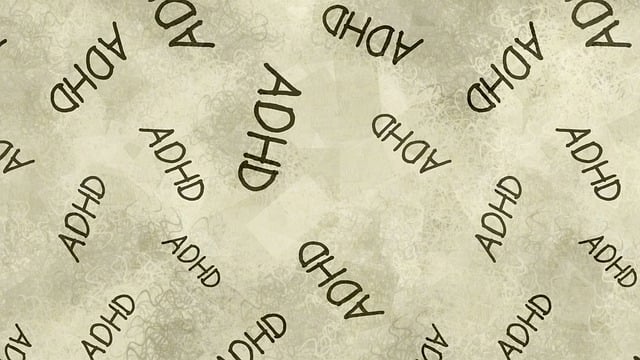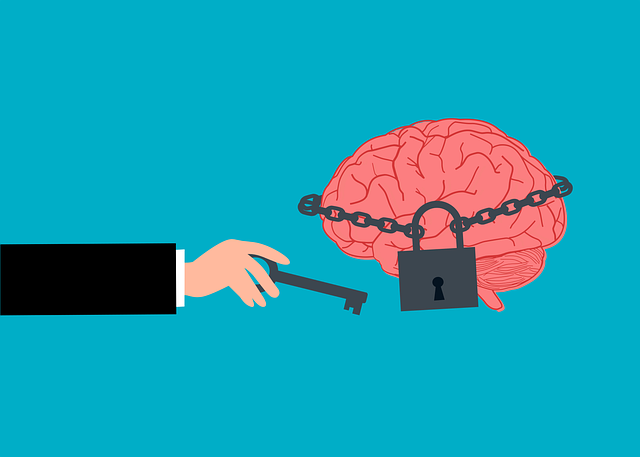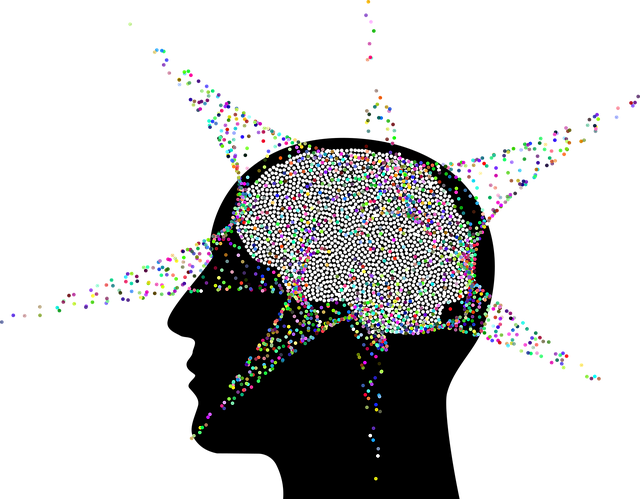Wheat Ridge Anxiety Therapy emphasizes comprehensive mental health education by integrating theoretical knowledge with practical skills in a supportive environment. The program begins with Mental Wellness Journaling Exercises and Crisis Intervention Guidance, followed by Coping Skills Development using evidence-based techniques. Interactive learning formats, such as hands-on exercises, multimedia, and case studies, cater to diverse learners. Continuous improvement is driven by structured evaluation processes, including participant feedback and clinical assessments, allowing for dynamic curriculum adjustments to meet evolving mental health needs.
In today’s fast-paced world, mental health education is more crucial than ever. This comprehensive guide explores the design of effective programs, focusing on strategies to address and reduce anxiety through Wheat Ridge Anxiety Therapy approaches. We delve into understanding common mental health issues and their profound impact on individuals and communities. Key components for success are outlined, emphasizing engaging learning experiences tailored to diverse audiences. Additionally, implementation, evaluation, and continuous improvement strategies ensure the effectiveness of these programs in fostering better mental well-being.
- Understanding Mental Health Issues and Their Impact
- Key Components of an Effective Education Program
- Designing Engaging Learning Experiences
- Implementation, Evaluation, and Continuous Improvement Strategies for Wheat Ridge Anxiety Therapy Programs
Understanding Mental Health Issues and Their Impact

Understanding mental health issues is a cornerstone of any comprehensive education program. It involves recognizing that conditions like anxiety, often treated at Wheat Ridge Anxiety Therapy, are more than just feelings; they are biological and psychological disorders with profound effects on daily life. Mental health problems can impact an individual’s ability to think, feel, and act, affecting their relationships, work performance, and overall quality of life.
Educational initiatives should focus not only on identifying symptoms but also on promoting mental wellness through coping skills development. This includes teaching individuals how to manage stress, regulate emotions, and maintain a healthy mindset. Moreover, healthcare provider cultural competency training is vital to ensure professionals can offer empathetic and effective support to a diverse range of clients, incorporating Mental Wellness Journaling Exercises as a guidance tool for personal reflection and progress tracking.
Key Components of an Effective Education Program

An effective mental health education program should be holistic and multifaceted, incorporating various key components to ensure impactful learning. At Wheat Ridge Anxiety Therapy, we’ve found that a successful design includes a blend of theoretical knowledge, practical exercises, and supportive environments. Start by providing Mental Wellness Journaling Exercises to encourage self-reflection and promote active engagement with mental health concepts. This can help participants process their experiences and track their progress over time.
Integrate Crisis Intervention Guidance to equip individuals with the tools to handle acute situations effectively. Teach them recognized signs of distress and provide step-by-step strategies for de-escalation, fostering a sense of empowerment. Additionally, focus on Coping Skills Development, offering a repertoire of evidence-based techniques tailored to different scenarios. This might include mindfulness practices, cognitive reframing, and stress management tools, ensuring participants have a toolkit to navigate their mental health journeys with resilience.
Designing Engaging Learning Experiences

Designing engaging learning experiences is a key component of effective mental health education programs. At Wheat Ridge Anxiety Therapy, we understand that interactive and immersive activities foster deeper learning and engagement among participants. Incorporating hands-on exercises, role-playing scenarios, and group discussions can significantly enhance understanding of complex topics like anxiety management and trauma support services. By encouraging active participation, learners are more likely to retain information and develop practical communication strategies for addressing mental health challenges.
Effective program design should also prioritize varied learning formats to cater to different styles and preferences. This might include multimedia presentations, case studies, guest lectures from professionals in the field, and even virtual reality simulations. Such diverse approaches not only make the learning experience more dynamic but also ensure that every learner feels included and supported. By combining theoretical knowledge with practical skills, participants gain a well-rounded understanding of mental health issues, empowering them to seek Anxiety Relief and implement positive changes in their lives.
Implementation, Evaluation, and Continuous Improvement Strategies for Wheat Ridge Anxiety Therapy Programs

Implementing Wheat Ridge Anxiety Therapy programs requires a structured approach that integrates evaluation and continuous improvement strategies. Initial implementation involves creating a safe and supportive environment where participants feel comfortable sharing their experiences. This can be facilitated through interactive self-awareness exercises and group discussions, fostering a sense of community and mutual support. Engaging participants in activities that promote positive thinking and confidence boosting techniques can significantly enhance the program’s impact.
Regular evaluation is crucial for gauging the effectiveness of these interventions. Collecting feedback from participants through surveys or one-on-one interviews provides insights into their personal growth and perceived benefits. Additionally, clinical assessments by therapists offer quantitative data on anxiety levels, enabling adjustments to the program curriculum. By integrating these evaluative findings, therapists can tailor activities, such as self-Awareness Exercises, to address emerging needs, ensuring the program remains dynamic and responsive to participants’ evolving mental health landscapes.
Mental health education programs, such as those offering Wheat Ridge Anxiety Therapy, are powerful tools for empowering individuals to manage their well-being. By incorporating key components like comprehensive learning, engaging activities, and continuous evaluation, we can create effective programs that address mental health issues head-on. Understanding the impact of these programs is vital to fostering positive change and ensuring a healthier future for all.





